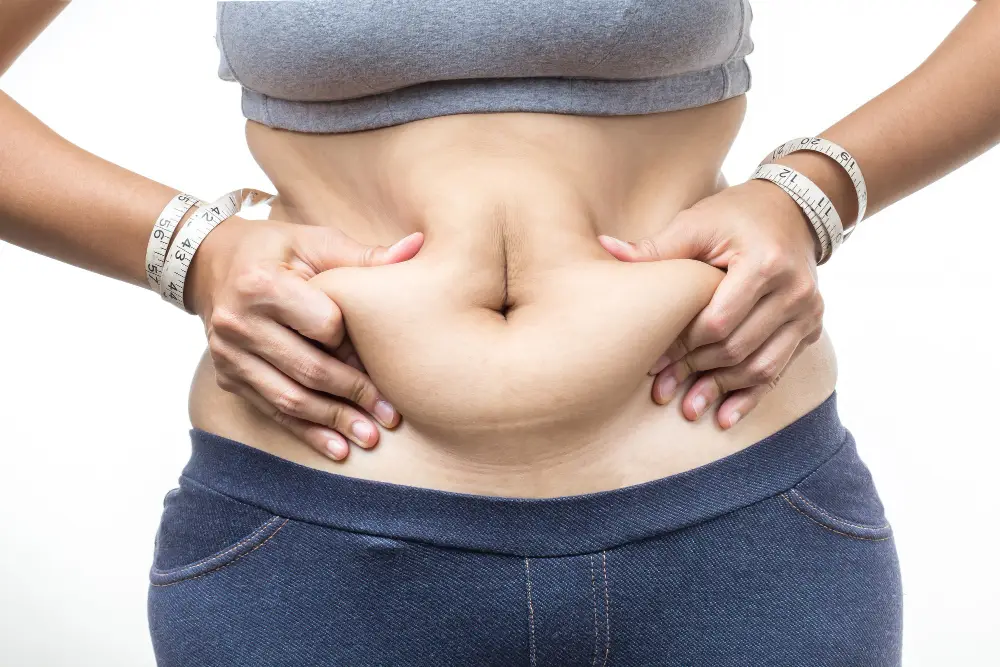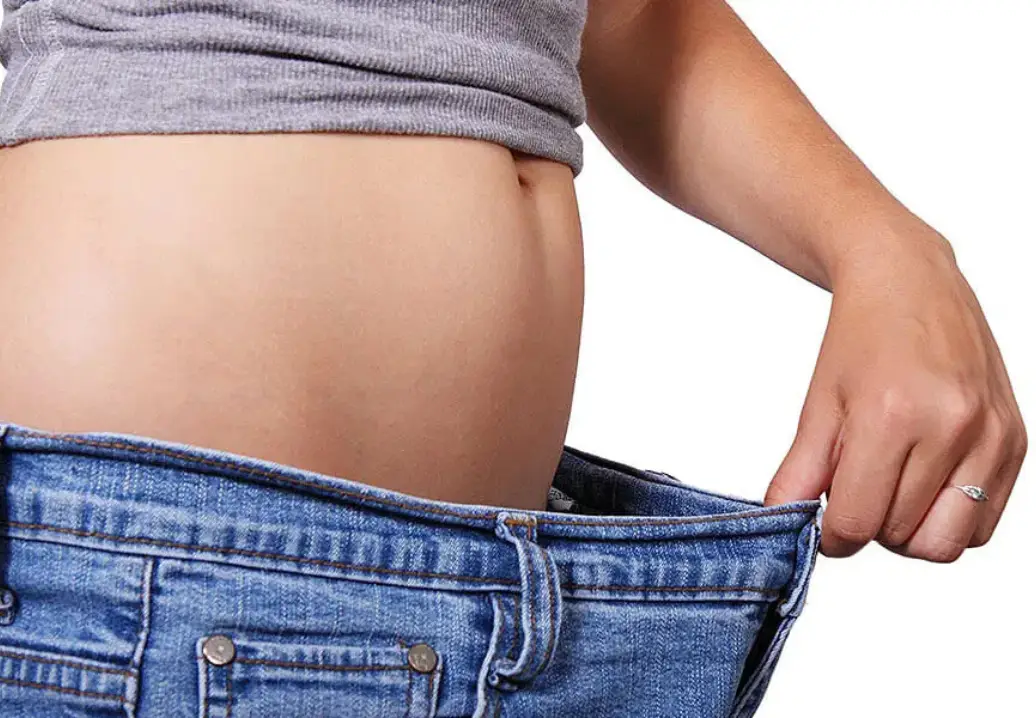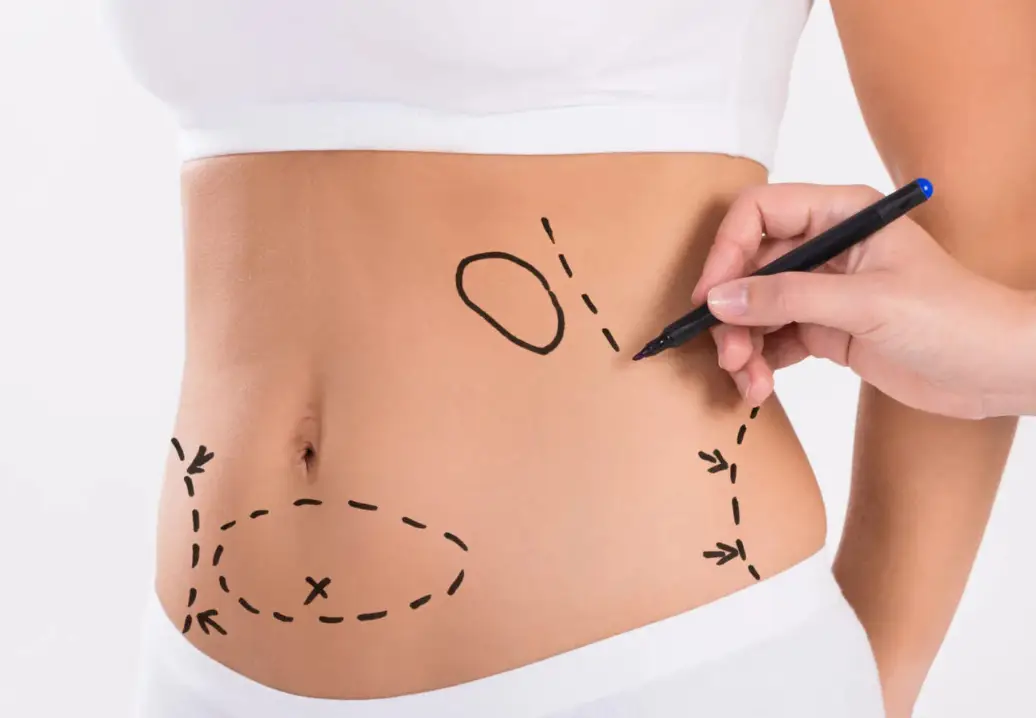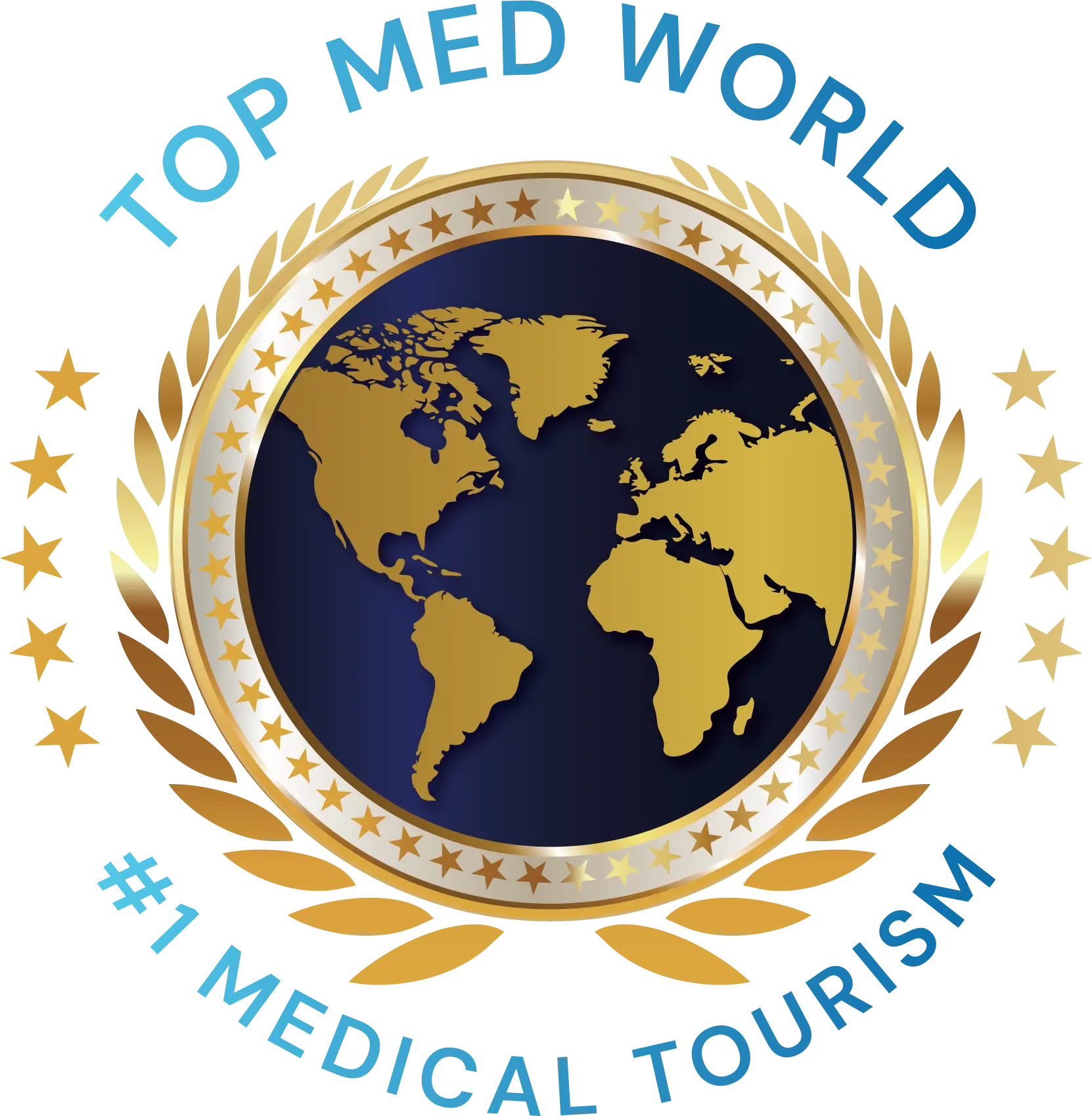Liposuction
What is Liposuction:
Liposuction is a popular cosmetic surgery procedure that aims to remove stubborn pockets of fat to sculpt the body. Over the years, various liposuction techniques have been developed, each with its own benefits and drawbacks. In this article, we will explore and compare three prominent liposuction techniques - Traditional Liposuction, Vaser Liposuction, and Laser Liposuction, in terms of their advantages and disadvantages.
Traditional Liposuction:
Traditional liposuction, also known as suction-assisted liposuction, involves using a cannula to manually break up and suction out fat from targeted areas. This technique has been used for decades and is known for its effectiveness in removing larger volumes of fat. However, it is a more invasive procedure that may require general anesthesia, leading to longer recovery times and potential risks such as bruising, swelling, and uneven contours.
Pros of Traditional Liposuction:
Effective in removing large volumes of fat.
Well-established technique with predictable outcomes.
Cons of Traditional Liposuction:
Requires general anesthesia.
Longer recovery times.
Increased risk of complications compared to newer techniques.
Vaser Liposuction:
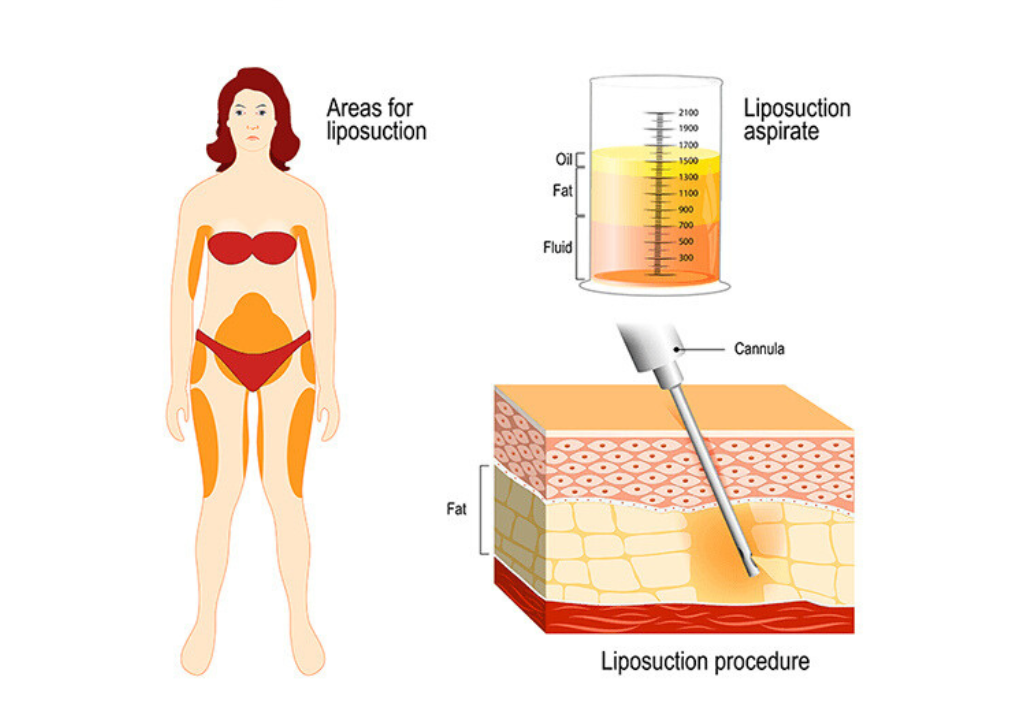
Vaser Liposuction, also known as ultrasound-assisted liposuction, uses ultrasound technology to break down fat cells before they are removed from the body. This technique is less invasive than traditional liposuction and is designed to target specific areas with more precision. Vaser Liposuction can also stimulate collagen production, leading to improved skin tightening compared to traditional liposuction.
Pros of Vaser Liposuction:
Less invasive than traditional liposuction.
Targets specific areas with precision.
Improves skin tightening.
Cons of Vaser Liposuction:
Higher cost compared to traditional liposuction.
Limited availability in some areas.
Laser Liposuction:
Laser Liposuction, also known as laser-assisted liposuction or SmartLipo, uses laser technology to liquefy fat cells before they are removed from the body. This technique is less invasive than traditional liposuction and is often promoted as a minimally invasive procedure with faster recovery times. Laser Liposuction can also promote skin tightening by stimulating collagen production.
Pros of Laser Liposuction:
Minimally invasive procedure.
Faster recovery times compared to traditional liposuction.
Promotes skin tightening.
Cons of Laser Liposuction:
Limited effectiveness in removing larger volumes of fat.
Potential for skin burns or complications due to laser heat.

Liposuction Clinics in Thailand
ID Clinic Bangkok
Extensive in Vaser liposuction and Vaser Hi-Def for six pack creation
Wansiri Hospital
Certified by The Medical Council of Thailand
Yanhee
International Hospital (Bangkok): Extensive experience in liposuction, offering VASER Hi-Def packages with accommodations.
Kamol Cosmetic Hospital (Bangkok)
Renowned surgeon, Dr. Kamol, specializes in VASER Hi-Def body contouring.
Masterpiece Hospital (Bangkok)
Utilizes VASER technology alongside other body sculpting procedures for comprehensive results. Apex Medical Center (Bangkok & Phuket): Offers VASER Hi-Def at their multiple locations, catering to medical tourists.
Discover more Thailand's Liposuction Clinics here
Conclusion:
In conclusion, each liposuction technique - Traditional Liposuction, Vaser Liposuction, and Laser Liposuction - offers unique advantages and disadvantages. Patients considering liposuction should consult with a qualified plastic surgeon to determine the most suitable technique based on their individual needs and goals. While traditional liposuction remains a reliable option for removing larger volumes of fat, Vaser Liposuction and Laser Liposuction provide less invasive alternatives with benefits such as precise targeting and improved skin tightening. Ultimately, the choice of liposuction technique should be based on a thorough discussion between the patient and their surgeon to achieve the best possible outcome

Patient preparing to Liposuction Surgery
Consultation:
Discuss your medical history, current medications, and allergies with your surgeon.
Set realistic expectations about results and potential recovery time.
Review the specific procedure and any potential risks or complications.
Pre-Op Instructions: Your surgeon will provide detailed instructions, including:
Stop smoking: At least several weeks before surgery to promote healing.
Discontinue Medications: Stop blood thinners (aspirin, ibuprofen) and certain supplements as directed by your doctor.
Fasting: No food or drink for a specified time before surgery (usually after midnight the night before).
Arrange for a ride home: You won't be able to drive yourself.
Preparation at Home:
Compression Garments: Purchase the recommended compression garments to wear after surgery.
Comfortable Clothing: Wear loose, comfortable clothes to the surgery center.
Prepare your recovery space: Have pillows, ice packs, medications, and easy-to-prepare food on hand.
Post-Operative Care
Immediate Recovery:
Expect some discomfort: You'll experience soreness, swelling, and bruising.
Pain medication: Follow your surgeon's pain management instructions.
Rest: Get plenty of rest in the first few days to aid healing.
Managing Drainage:
Your surgeon may place small drainage tubes at the incision sites.
You will be instructed on how to empty and care for the drainage tubes.
Compression Garments:
Wear these as instructed (usually for several weeks) to minimize swelling and support tissues.
Follow-Up Appointments:
Attend all scheduled checkups to monitor healing and address any concerns.
Activity Restrictions:
Limit strenuous activities and heavy lifting for several weeks as advised by your surgeon.
Gradually return to regular exercise once cleared.
Nutrition and Hydration:
Stay well-hydrated to support healing.
Eat a balanced diet to provide your body with essential nutrients.
Important Notes:
Recovery time varies depending on the extent of liposuction and individual healing.
Final results may take several months to become fully visible as swelling subsides.
Always follow your surgeon's specific instructions for optimal recovery and results.
Disclaimer: This information is not a substitute for professional medical advice. Consult your surgeon for personalized guidance.
Let me know if you'd like any of these sections expanded upon!
Ready to Start Your Liposuction in Thailand?
Top Med World is committed to making your experience in Thailand seamless and successful. Let us help you find the perfect clinic to achieve the body you've always wanted.
Contact Top Med World today to learn more and get started!

Editor's Biography
Dr. Patcharasak Klaisarapongsakul
Specialist in cosmetic surgery and special plastic surgery
32 years of experience 1100 treatments performed
1986 Doctor of Medicine, Khon Kaen University
1992 Certificate of General Medicine, Faculty of Medicine, Phramongkutklao Hospital
2001 Certificate of Plastic Medicine, Faculty of Medicine, Phramongkutklao Hospital
